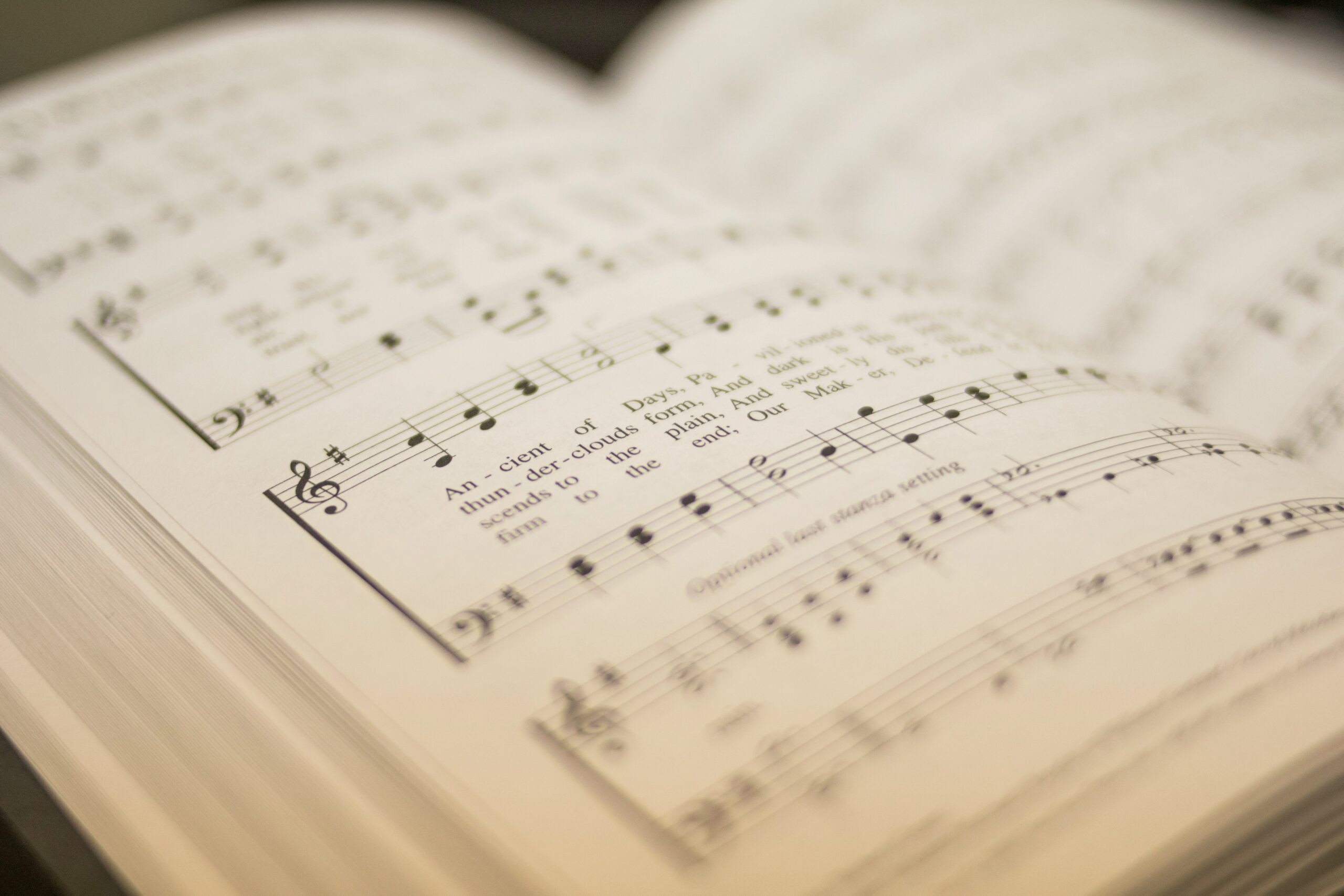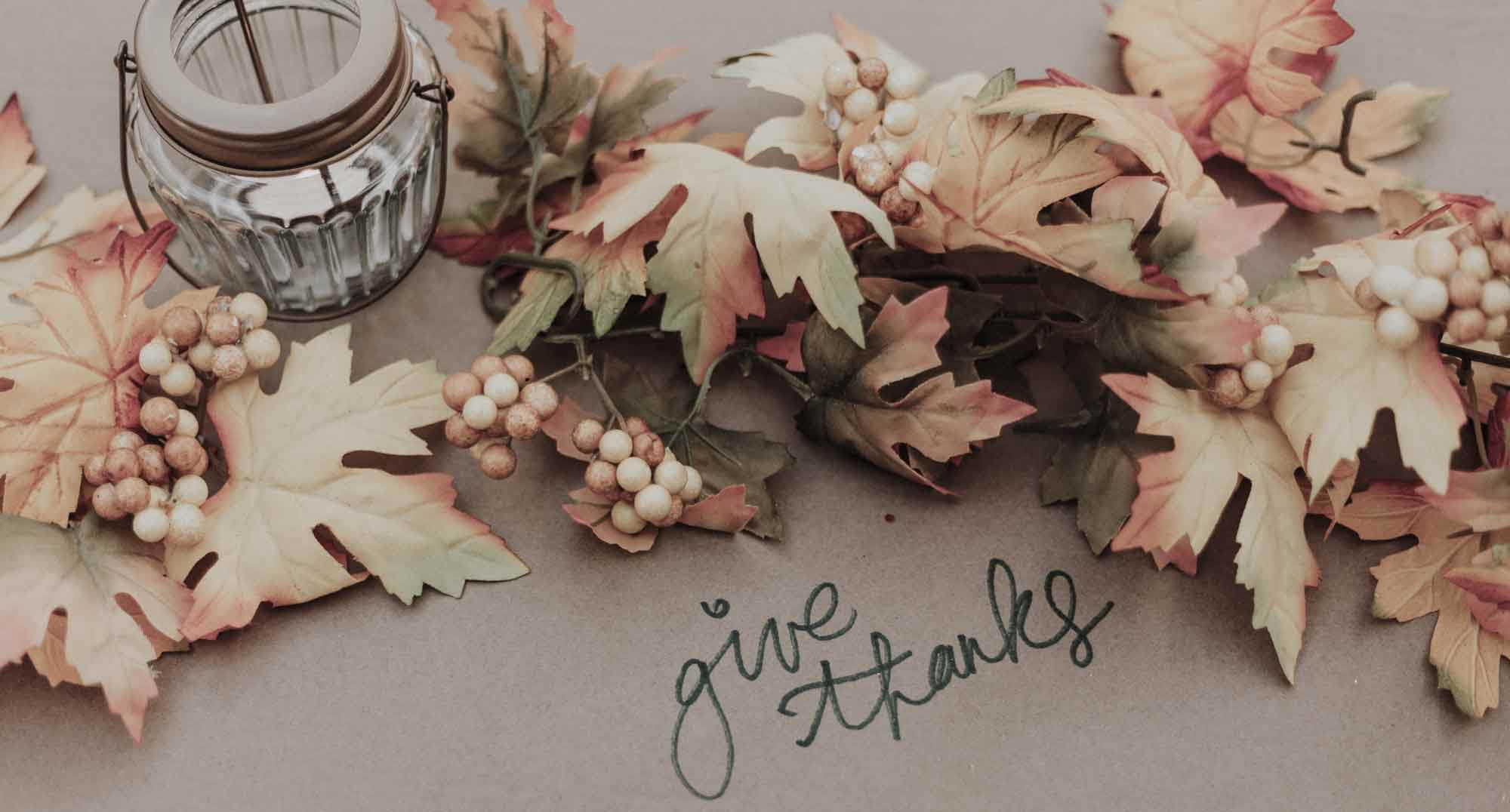Growth in Prayer and Gratitude
MEGAN JUNG|GUEST “We always thank God, the Father of our Lord Jesus Christ, when we pray for you” Colossians 1:3). For 20 years, I’ve heard the same refrain. “I know I need to pray more...” “I know I should be grateful, but…” Regardless of location: my counseling office, a coffee shop on a college campus, or my seminary office, I have seen the exhausted, downcast, guilty expressions accompanying these words. I feel it too. I understand the tension about prayer and gratitude: I know what I need to do, and I don’t know how. Longing for gratitude and a robust prayer life is often coupled with frustration and uncertainty about how to change. Many of us feel like something stands between us, prayer, and gratitude. Some of us feel like we’re living a cosmic game of Tetris, trying to place spiritual disciplines between waking hours and a billion tasks. Not to mention a desperate need for rest. Some of us are embarrassed because we don’t feel like we have the right words. Others have pain, anger, or mistrust standing between us and the Lord. And if we’re honest, even the most mature Christians sometimes offer rote prayer and gratitude that feels boring and disengaged. (If you find yourself bathed in the mercy of a consistent, rich, grateful prayer life, we praise the Lord for His goodness to you! Please share with others how the Lord has brought you to this place. Sister, we need your witness and encouragement.) The Necessity of Prayer and Gratitude...










